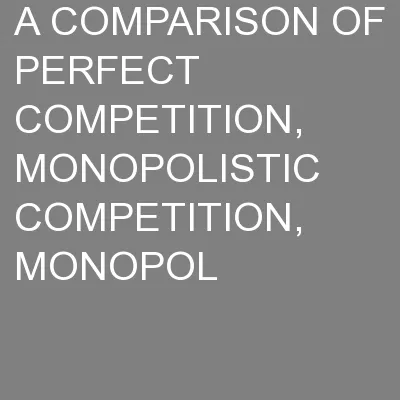PPT-Competition Matters
Author : danika-pritchard | Published Date : 2017-12-22
Wisconsin Association of Health Plans September 16 2016 Barak Richman Duke Law School amp Fuqua School of Business Overview Competition Works BUT Competition
Presentation Embed Code
Download Presentation
Download Presentation The PPT/PDF document "Competition Matters" is the property of its rightful owner. Permission is granted to download and print the materials on this website for personal, non-commercial use only, and to display it on your personal computer provided you do not modify the materials and that you retain all copyright notices contained in the materials. By downloading content from our website, you accept the terms of this agreement.
Competition Matters: Transcript
Download Rules Of Document
"Competition Matters"The content belongs to its owner. You may download and print it for personal use, without modification, and keep all copyright notices. By downloading, you agree to these terms.
Related Documents














